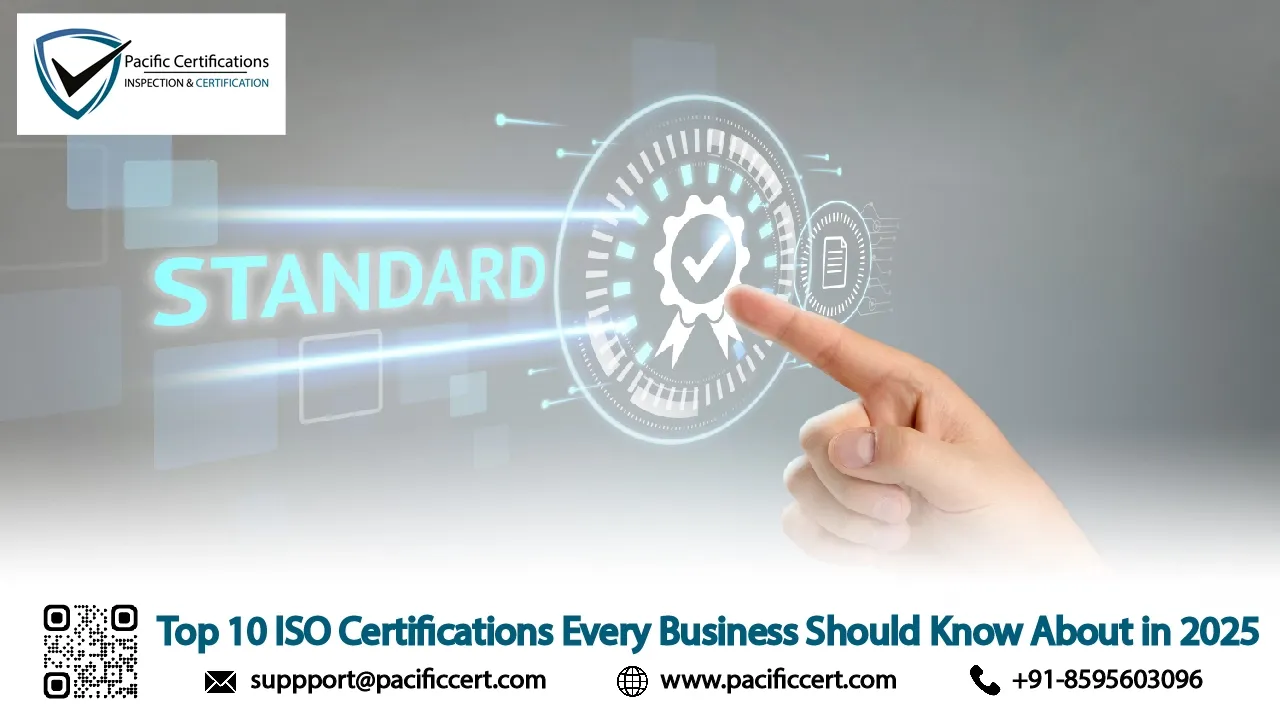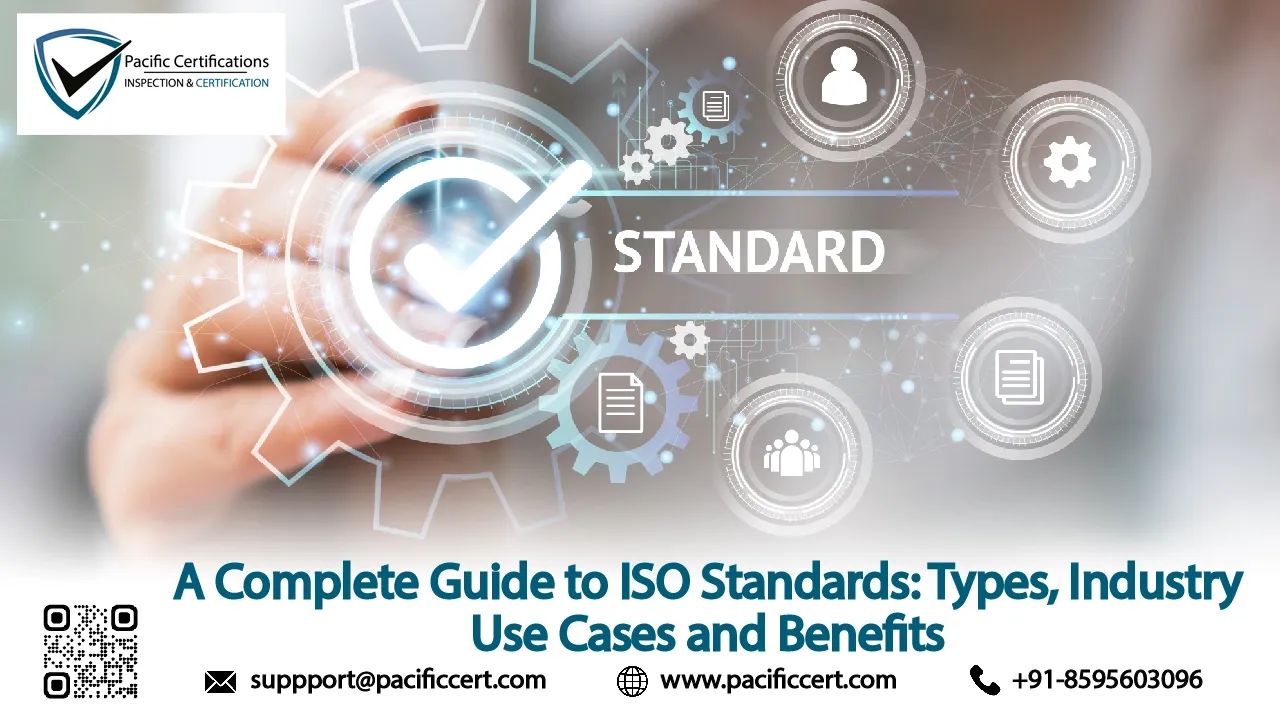
Introduction to ISO 41001:2018
ISO 41001:2018 is the global benchmark for Facility Management Systems (FMS), designed to help organizations improve their facility related services. It sets out the requirements for an effective FMS, enabling organizations to enhance outputs, reduce costs, and provide a better environment for both employees and customers. With increasing complexity in facilities and rising expectations for performance and sustainability, ISO 41001 offers a standardized approach to professionalize and optimize facility management.

Scope of ISO 41001:2018
The standard is applicable to any organization regardless of its size, type, or nature, whether it outsources facility management services or handles them internally. It is particularly relevant for organizations looking to establish, implement, maintain, and improve an integrated system for facility management. This includes everything from the maintenance of buildings and infrastructure to energy efficiency, safety, and support services. The scope includes strategic, tactical, and operational levels, ensuring that all aspects of facilities are considered.
Key Clauses of ISO 41001:2018
ISO 41001:2018 is structured according to the High-Level Structure (HLS) shared by other ISO management system standards, which ensures easy integration with systems such as ISO 9001 (Quality Management System), ISO 14001 (Environmental Management System), and ISO 45001 (Occupational Health & Safety).
Clause 1: Scope defines the applicability of the standard to organizations seeking to improve their facility management.
Clause 2: Normative References includes essential documents that support the understanding and implementation of ISO 41001.
Clause 3: Terms and Definitions standardizes the terminology to ensure clarity and consistency.
Clause 4: Context of the Organization requires an understanding of internal and external factors, stakeholder needs, and the scope of the FMS.
Clause 5: Leadership mandates the active involvement of top management to provide direction, assign responsibilities, and set policies.
Clause 6: Planning focuses on identifying risks and opportunities and setting achievable objectives that align with the organization’s strategic direction.
Clause 7: Support addresses the necessary resources, competencies, communication methods, and documentation required to operate an effective FMS.
Clause 8: Operation involves planning, implementing, and controlling processes related to facility management.
Clause 9: Performance Evaluation emphasizes monitoring, measuring, and analyzing key performance indicators, along with conducting audits and reviews.
Clause 10: Improvement ensures the organization is committed to continuous improvement through corrective actions and performance enhancements.
What are the requirements of ISO 41001:2018?
To meet the requirements of ISO 41001, an organization must have a well-structured framework that ensures efficient planning, implementation, and monitoring of all facility related processes. It involves alignment with strategic objectives and an integrated approach to operational control and risk management.

Key requirements include:
- Setting clear, measurable facility management objectives aligned with strategic goals
- Defining roles and responsibilities for all individuals involved in FM processes
- Establishing effective internal and external communication mechanisms
- Documenting procedures to ensure traceability and accountability
- Implementing operational controls for maintenance, energy use, and space allocation
- Conducting regular risk assessments and applying mitigation strategies
- Monitoring performance through audits and reviews
- Promoting a culture of continual improvement through feedback and innovation
What are the benefits of ISO 41001:2018 Certification?
ISO 41001 certification offers tangible benefits that extend across operational, environmental, and business performance areas. It streamlines service delivery, boosts stakeholder confidence, and drives long-term organizational growth.

Organizations that achieve ISO 41001 certification can expect:
- Enhanced operational efficiency and cost reduction
- Greater stakeholder and employee satisfaction
- Improved risk identification and regulatory compliance
- Support for sustainability and environmental initiatives
- Increased market credibility and access to international opportunities
- Harmonization with other ISO management systems for better coherence
Global Trends in Facility Management and ISO 41001 Adoption
The facility management industry is undergoing rapid transformation. One of the biggest trends is digitalization, with smart buildings equipped with IoT sensors and automation systems becoming the norm. ISO 41001 provides a framework to manage these technologies effectively while maintaining service quality.
Sustainability is now a strategic priority. Organizations are under pressure to align their operations with ESG (Environmental, Social, and Governance) goals. ISO 41001 supports this by encouraging resource efficiency and environmentally responsible practices.
There is also a growing trend towards integrating ISO 41001 with other management systems like ISO 9001 (Quality Management System) and ISO 45001 (Occupational Health & Safety), creating a unified approach to organizational management.
With more companies outsourcing facility management to specialized third-party providers, having an ISO 41001-certified system becomes a market differentiator. The rise of data-driven decision-making in FM fueled by analytics and predictive maintenance tools also aligns with ISO 41001’s focus on performance evaluation and continual improvement.
Who Needs ISO 41001 Certification?
ISO 41001 certification is highly beneficial for a wide range of organizations. Facility Management service providers can use it to enhance their credibility and standardize their operations. Large corporations that manage their own facilities in-house also benefit by optimizing resource allocation and reducing operating costs.
Real estate and infrastructure firms that manage multiple properties can leverage ISO 41001 to ensure consistent performance across locations. Healthcare institutions, universities, and government agencies, where reliable infrastructure is critical, can use the standard to improve service delivery and ensure compliance.
Even co working spaces and commercial buildings that compete on tenant satisfaction and operational excellence can differentiate themselves through ISO 41001 certification. Ultimately, any organization seeking to professionalize and improve its facility operations stands to gain.
Steps to Achieve ISO 41001 Certification
Achieving ISO 41001 certification involves a systematic process of assessment, planning, implementation, and review. Organizations must identify gaps, build a compliant system, and engage with certification bodies for official evaluation.

The essential steps include:
- Conducting an initial gap analysis to compare current practices with the standard’s requirements
- Designing and documenting relevant policies, processes, and operational procedures
- Training employees to ensure awareness and competence in using the FMS
- Implementing the system and monitoring its performance in day-to-day operations
- Performing an internal audit to evaluate effectiveness and address any shortcomings
- Conducting a management review to assess readiness for certification
- Undergoing a third-party audit and, upon successful evaluation, receiving certification
- Maintaining certification through regular surveillance audits and continual improvement
How Pacific Certifications Can Help?
Pacific Certifications is an accredited certification body authorized to perform ISO 41001 audits for organizations across industries. We conduct impartial, third-party assessments to evaluate whether your facility management system complies with the requirements of ISO 41001:2018.
Our process includes:
- Thorough and objective audits performed by qualified auditors
- Clear, detailed audit reports highlighting compliance and nonconformities
- Transparent certification decisions based solely on conformance with ISO standards
- Ongoing surveillance audits to help maintain your certification
We do not offer consulting or preparation services, ensuring that our certification process remains unbiased and fully compliant with international accreditation norms.
Conclusion: Building Smarter, Sustainable Facilities with ISO 41001
ISO 41001:2018 is a transformative standard for organizations aiming to elevate their facility management systems. By adopting its structured approach, businesses can achieve better operational control, greater efficiency, and stronger stakeholder trust. Whether you manage your facilities internally or rely on external providers, this standard helps you align facility services with strategic goals, and position your organization for long-term success.
In a world where performance, compliance, and sustainability are no longer optional, ISO 41001 equips you with the tools to manage your facilities smarter and more responsibly. If you're ready to begin your certification journey, Pacific Certifications is here to guide you every step of the way.
Ready to transform your facility management operations?
Let Pacific Certifications guide you through the ISO 41001:2018 certification journey. Whether you're a service provider or managing in-house FM operations, our expert team ensures a smooth, compliant, and cost-effective process from start to finish.
Contact us today at www.pacificcert.com
Email: support@pacificcert.com
Call/WhatsApp: +91-8595603096
Frequently Asked Questions (FAQs)
Q1: What is ISO 41001:2018?
ISO 41001:2018 is the international standard for Facility Management Systems (FMS), providing a framework to improve efficiency, sustainability, and performance in facility-related services.
Q2: Who should get ISO 41001 certified?
Any organization involved in managing or delivering facility management services, whether in-house or outsourced, can benefit from ISO 41001 certification.
Q3: How long does ISO 41001 certification last?
The certification is typically valid for three years, subject to annual surveillance audits and a recertification audit at the end of the cycle.
Q4: Does ISO 41001 certification apply only to large organizations?
No, ISO 41001 is suitable for organizations of all sizes and sectors, including SMEs, public sector bodies, healthcare institutions, and commercial facilities.
Q5: What is the role of Pacific Certifications in ISO 41001?
Pacific Certifications is an accredited certification body that performs independent audits and issues ISO 41001 certificates to organizations that meet the standard's requirements.
Ready to get ISO 41001 certified?
Contact Pacific Certifications to begin your certification journey today!
Suggested Certifications –
Read more: Pacific Blogs



